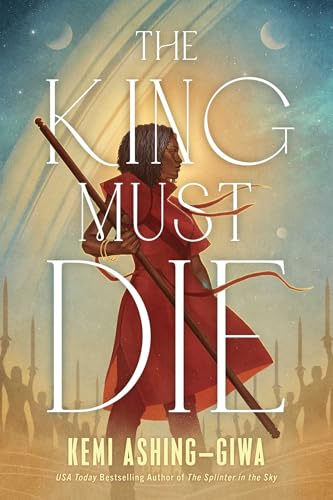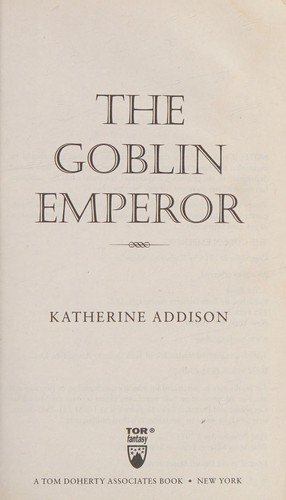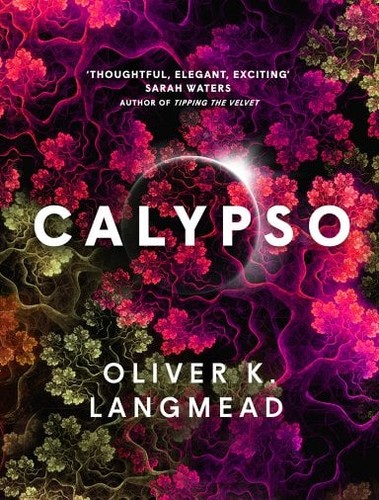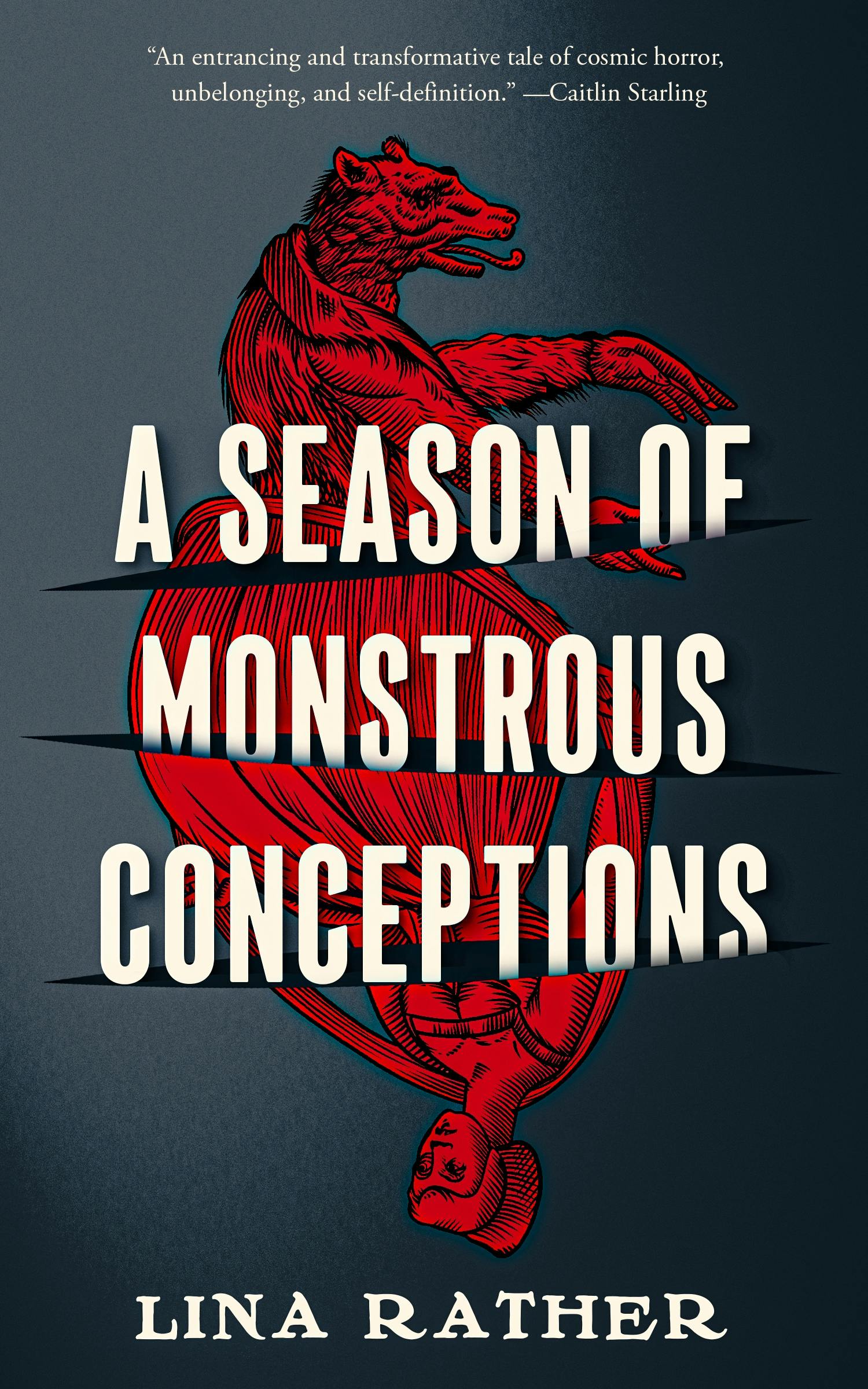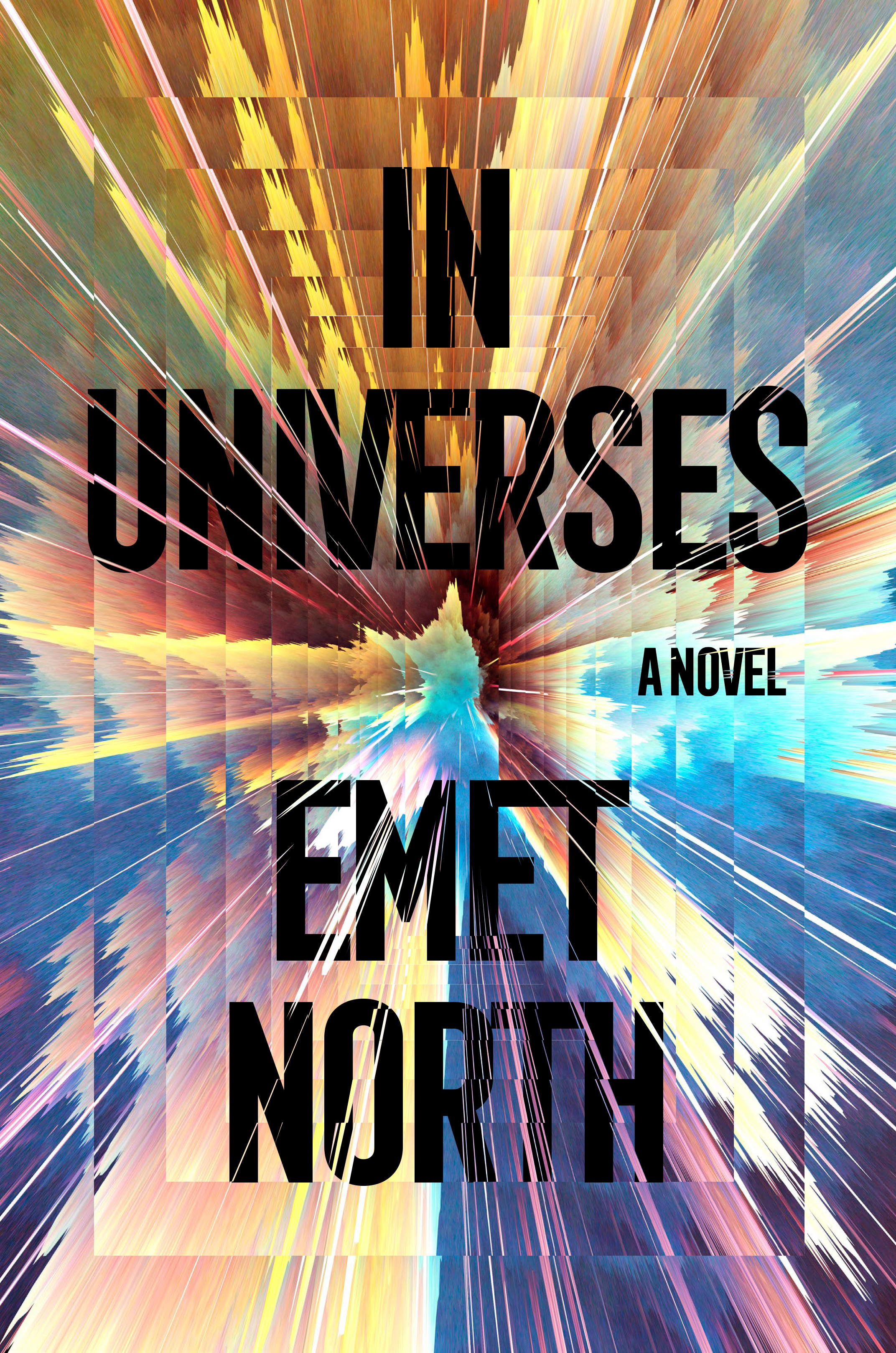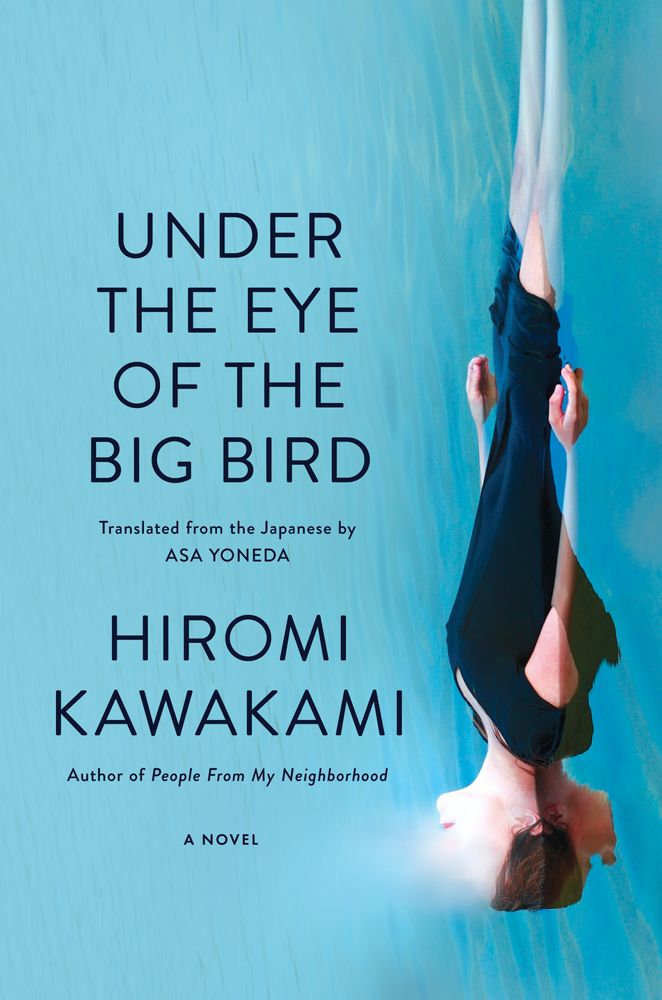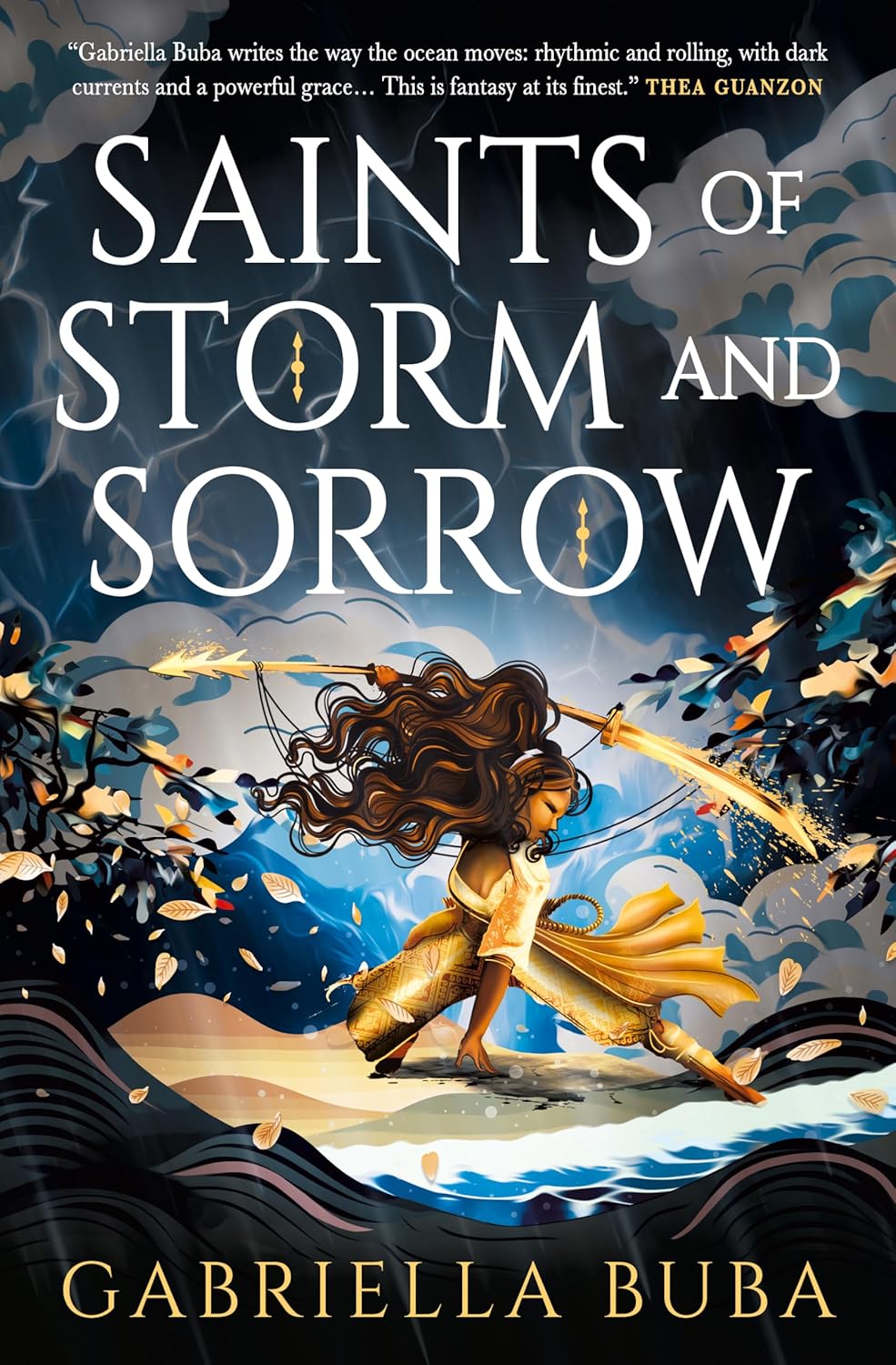enne📚 reviewed The King Must Die by Kemi Ashing-Giwa
The King Must Die
3 stars
This book was not for me. Maybe I was in the wrong space for reading it, but it felt like YA (derogatory). Everything felt a little too thin and pulled along by a plot. Folks who are at odds with each other resolve those feelings too quickly or in ways that feel unearned. (Especially feelings around Alekhai and Sijara both.)
There were a lot (a lot) of fight scenes. To me a good fight scene is like a good sex scene--there needs to be some character development driving it or I'm going to be bored. Many of these fell flat for me, but positively I really liked the one where Fen meets Alekhai for the first time, because there's so much going on emotionally for her there.
The book has so much intriguing drive-by worldbuilding, but none of it feels connected to the whole. Declaration ceremonies for names …
This book was not for me. Maybe I was in the wrong space for reading it, but it felt like YA (derogatory). Everything felt a little too thin and pulled along by a plot. Folks who are at odds with each other resolve those feelings too quickly or in ways that feel unearned. (Especially feelings around Alekhai and Sijara both.)
There were a lot (a lot) of fight scenes. To me a good fight scene is like a good sex scene--there needs to be some character development driving it or I'm going to be bored. Many of these fell flat for me, but positively I really liked the one where Fen meets Alekhai for the first time, because there's so much going on emotionally for her there.
The book has so much intriguing drive-by worldbuilding, but none of it feels connected to the whole. Declaration ceremonies for names and genders come up and are never mentioned again. The world is full of nanites? Undetectable alien neural chips?! The Accusers could have been been building infrastructure and teleporting food the whole time? Resurrected people are supposed to come back not quite the same, but this never happens (emotionally or mentally)?
I was really intrigued by the idea of the ecologically failing Newearth, and the capital letters of the Makers, Accusers, and Executors who constructed the situation and are still present. Unfortunately, they are all ultimately set dressing for the rebellion against the king who must die, and none of it truly gets fleshed out to any satisfying degree.
The fantasy politics of this world also felt a bit short. The word anarchism is only used once as a pejorative, and the replacement for the titular king is the glory of democracy. With minimal spoilers, the "mini boss" that must be faced before the "final boss" is group infighting. I'm not sure if I had a specific desire from this novel, but I was hoping there'd be something more weird, more speculative, more interesting. Maybe it's just me, but this kind of arc is not enough for me these days (and democracy doesn't really feel like the shiniest of destinations either).
Minorly, I saw a blurb that Alekhai is supposed to be trans-coded, but I'm not sure I see it. Is it just because everybody says he's so beautiful (as all of my trans friends are)? Is it that he says he would have used a randomizer for his declaration ceremony if he could? I would credit this more if I felt like it came up in any other way.
I don't like to complain about a book so much, but sometimes I have to articulate all the things that didn't work in order to understand my own feelings. A story about found family and the destruction of empire should have resonated with me a lot more deeply. I don't feel like this book was bad more than I was just disappointed--it didn't cohere for me and live up to what I hoped it could be.
(This was the #SFFBookClub pick for February 2026.)

